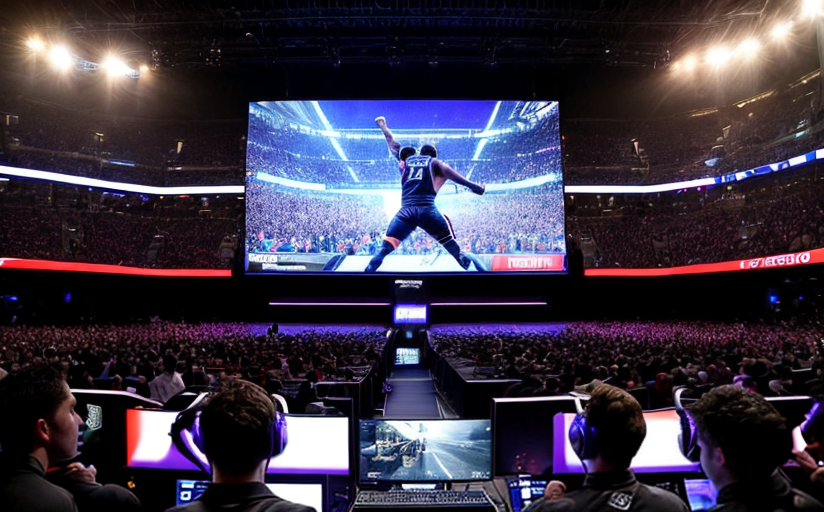In-Depth Analysis: Are Esports Real Sports?
The question of whether esports should be classified as 'real sports' has been a hot topic for debate. This article aims to provide an in-depth analysis on this issue, taking into account different perspectives, expert opinions, and scholarly insights.
Comparison between Traditional Sports and Esports
Training
Both traditional sports and esports require rigorous training. Athletes devote countless hours to practice, be it physical training for traditional sports or strategic game-time decisions and sharp reflexes development for esports.
Skills Needed
Physical prowess, hand-eye coordination, and strategic thinking are critical in traditional sports. Likewise, esports demand high-level strategizing, quick decision making, and precise hand-eye coordination, albeit in a virtual environment.
Physical vs Mental Engagement
While the physical demand in traditional sports is more evident, esports also require physical stamina—the ability to stay focused and perform at peak levels during lengthy gaming sessions. For mental engagement, both demand strategic planning and split-second decision making.
Competition Level
The level of competition in both traditional sports and esports is high, with professional leagues, worldwide tournaments, and dedicated athletes seeking victory. However, the competition in esports transcends physical boundaries and allows worldwide participation.
Governing Bodies
Just as traditional sports have governing bodies like FIFA and the NBA, esports also have established organizations such as ESL (Electronic Sports League) and IESF (International Esports Federation).
Audience Size
The audience size for both traditional sports and esports is enormous, with esports viewership projected to rival that of traditional sports leagues in the near future.
Views on the Classification of Esports as 'Real Sports'
Opinions regarding the classification of esports as 'real sports' vary. Proponents argue esports fulfill the main criteria for being recognized as sports - skill-based competition, governed by rules, and requiring practice to excel. Critics, on the other hand, argue the lack of physical exertion means esports cannot be classified as sports in the traditional sense.
Trends and Visibility of the Esports
There are many emerging trends in the esports industry, including the rise of virtual reality gaming, increasing sponsorship deals, and participation of celebrities. Esports' visibility has significantly increased, with its inclusion in major sports events like the Asian Games and discussions about its introduction in the Olympics.
Expert Opinions and Scholarly Perspectives
Several experts and scholars argue that the prominence of esports in today's culture and its undeniable parallels to traditional sports warrant recognition as a 'real sport.' Others disagree, stressing the importance of physical exertion in the definition of sports.
Regardless of the divide, the remarkable growth, increasing visibility, and widespread acceptance of esports indicate that the debate over its status as 'real sports' is bound to continue.


















Comments
Leave a Comment